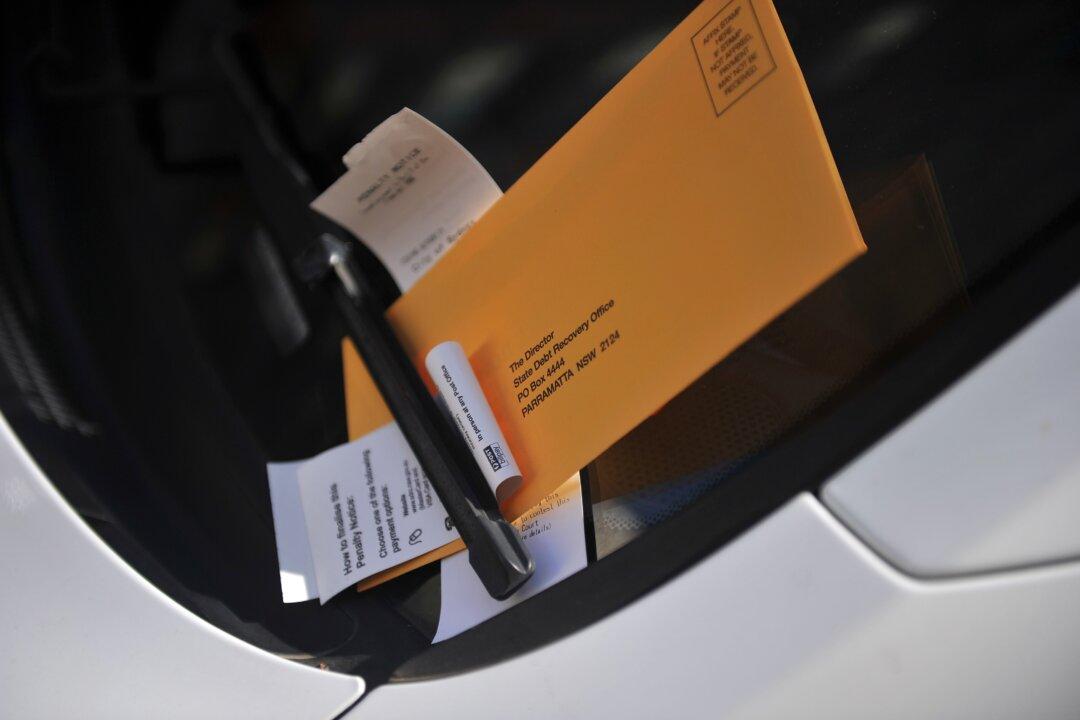In a move that is seen as a victory for motorists across New South Wales (NSW), the controversial ticketless parking fine system has been officially scrapped.
This decision comes after a widespread backlash from the public, who criticised the system for its lack of fairness and transparency. The NSW government, responding to the outcry, has announced the reintroduction of traditional paper parking tickets, marking the end of a trial that left many drivers frustrated and out of pocket.




